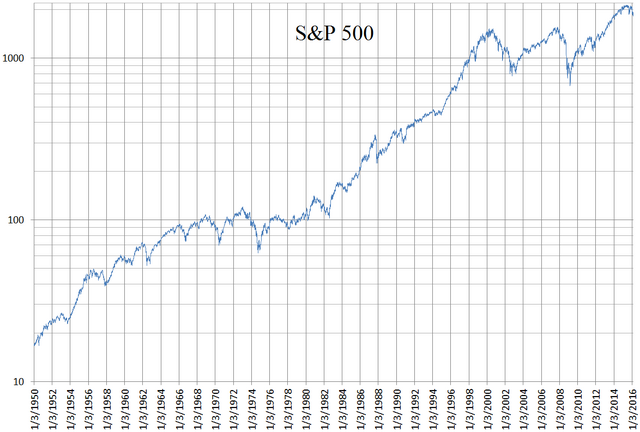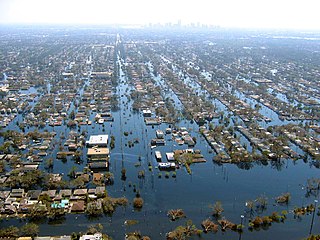The 5th Empire is a network of liberty minded people. It's not a landmass. It's not a nation. It cannot be accurately identified on a map. However, it's not entirely spiritual either. It is a real place with physical entities, including property and land.
Citizens of the 5th Empire have a strong desire to neither rule nor be ruled. They do not enter someone's realm without an invitation to do so. 5th Empire citizens make no distinction between rich and poor in this respect. Every interaction has to be voluntary. This includes charity which cannot be imposed on people against their will. The initiation of force is unacceptable, no matter how good or pure our intentions.
When we are in the company of people adhering to this mindset, we are inside the empire. It makes no difference if the people involved are aware of this or not. As long as they resist the desire to rule and other people's desire to rule over us, their realm can be considered an enclave of the 5th Empire.
Being liberal minded myself, I used to take it for granted that most people had a similar perspective. However, the desire to neither rule nor be ruled is rare. No more than 7% of the population has this inclination, and even fewer are truly committed to it.
This is based on personal observations as well as various studies related to politics and personality. Carl Jung came up with a method to judge a person's personality based on 16 types. When correlated with political preferences, it turns out that only 7% lean towards liberty. The remaining 93% prefer a system of rulers and subjects. It is therefore impossible for liberty to thrive in a pure democracy.
This can easily be verified by asking colleagues and friends a simple question. Are we the owners of our own bodies? The first time I put this question to a group of friends I was surprised to discover that no-one believed the answer to be a simple yes. The preferred view was that our bodies are not our own but belonging to a community which in turn is ruled by an elite.
This explains the myriads of laws related to drugs, prostitution and labour. By extension, it explains taxation and conscription. We are not the owners of our own bodies, nor are we the owners of our labour and property. It is owned by the community.
This view is constantly promoted by popular media which in their news casts focus on politics. The big topics always revolve around questions related to the state. Fair taxation, just wars and common sense rules are top talking points.
The average person can argue endlessly over politics without ever seeing the fundamental immorality in what they are saying. They see nothing wrong in the systematic use of coercion by the state.
The problem for 5th Empire citizens is that the majority do not content themselves with being ruled themselves. They want everyone else to be ruled as well. They tell us that we must contribute to the state through taxation. We must adherence to its rules. To do otherwise is evil.
With the population being overwhelmingly that of willing subjects to the state, it is easy to think that no alternative exists, that we must either rule or be ruled. While this is fine with most people, it is not fine with the liberty minded minority. They feel trapped and forced to live contrary to their character. This can lead to a feeling of despair, especially in highly conformist societies.
A way out of this mess is to declare ourselves citizens of the 5th Empire. The mere act of stating this privately to ourselves is liberating. It places us at the heart of an alternative society, and it opens all sorts of possibilities for growth and prosperity. It places the overwhelming majority of people at the sidelines. Rulers and their subjects are no longer legitimate arbitrators of right and wrong. They are foreigners, residing outside the empire. The laws of the land are no longer laws but regulations that we deal with in a pragmatic manner. With this new and refreshing view of the world, we can start the task of building something better and more in tune with who we are.
The lone citizen has no choice but to be pragmatic. There is no way to avoid the state, and there is little point in doing so. To isolate ourselves from the system would be like setting up a trading post in a foreign land with no intent to interact with the local population. It is pointless and counter-productive. Nor is there any point in making our declaration widely known. We do not want the population at large to know that we do not respect their authority. That would merely serve to anger them, making it all the more difficult to engage in productive cooperation and trade.
Declaring ourselves citizens of the 5th Empire serves a single purpose. It clarifies in our mind where we stand relative to the rest of the population. We want neither to rule nor to be ruled. We want voluntary interaction for ourselves and others alike.
This means that there are professions that we must avoid. We must not work for agencies that initiate coercion. We do not collect taxes. We do not enforce arbitrary rules. We do not lock people up for their own good.
We should also avoid political discussions centred around the presumed necessity of the state. Having declared ourselves citizens of the 5th Empire, we have no business discussing the right tax level, the just war, or the correct level of coercion against prostitutes and drug addicts. Party politics is for subjects, not for sovereign citizens. We may find some politicians more sympathetic than others. However, they are all rulers and aspiring rulers. They do not represent us. They represent the ruling class.
However, there is no sense in avoiding all aspects of the state. Certainly not in a society where many valuable tasks have been taken over by it. The typical welfare state is in charge of schools, hospitals, old people care and charity. It would be strange not to engage in any of this just because it is funded through taxation.
Citizens should refrain from being tax collectors, police men and regulators, because these functions initiate coercion directly. However, teachers, nurses and doctors do not use coercion in their daily work. There is no reason to avoid these professions simply because they are provided by the state.
It should also be noted that private corporations can be just as bad as state run operations. Banks create currency through credit expansion. Media corporations promote state propaganda, and social networks spy on us. Immorality is everywhere. To fight this head on is pointless. The best we can do is to remind ourselves and others that society requires no coercion.






















